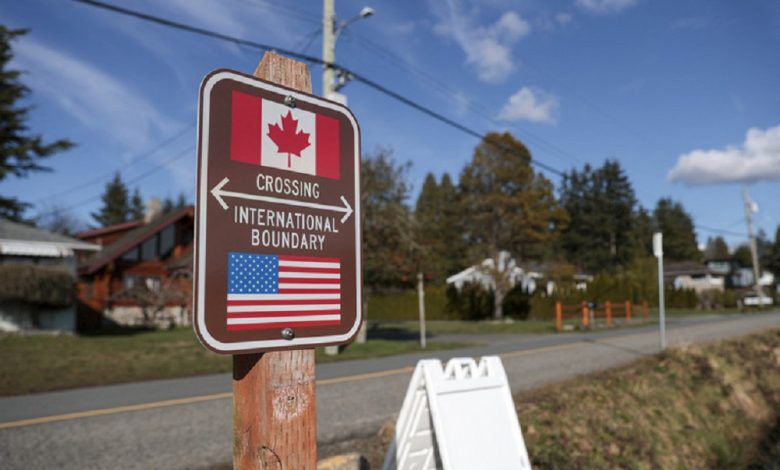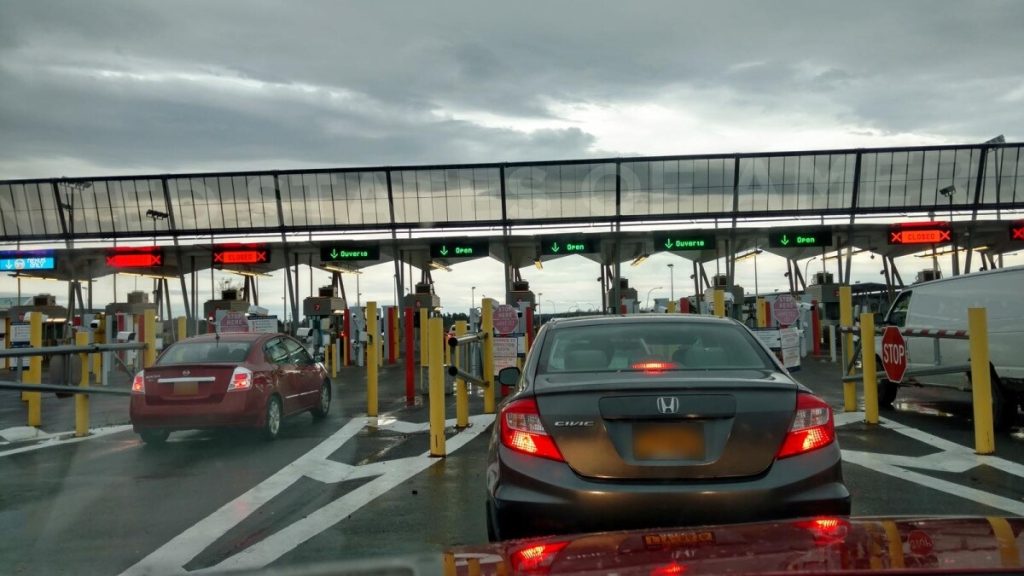Political Tensions Drive Sharp Decline in Canadian Visitors to Western New York
Rising political friction and tariff threats strain cross-border ties, hurting tourism, retail, and cultural life across Niagara and Erie counties.

Western New York has witnessed a significant and troubling decline in visits from Canadians since the beginning of the year, fueled by growing political tensions and traveler apprehension. This drop in cross-border activity is hitting multiple sectors — from tourism and retail to sports and cultural institutions — raising serious concerns about the region’s long-term economic and social health.
Autumn Silence Across Niagara and Erie
The fall season in Niagara and Erie counties, which border Canada, has been unusually quiet. There has been a marked decrease in the number of Canadians crossing into New York, affecting everything from scenic foliage tours to visits to the area’s wineries and orchards. The trend, while not entirely unexpected, reflects a broader pullback — Canadians have been notably absent from cultural landmarks, sporting events, and shopping centers since early-year trade rhetoric and tariff threats reignited nationalist sentiments.

Economic Impact: Empty Seats and Quiet Streets
Local economies are feeling the absence of Canadian visitors acutely. A prominent minor-league baseball team in Buffalo, where Canadians typically make up a quarter of the fan base, reported a steep drop to just 10% this season. Season ticket cancellations began even before opening day, as many Canadian sponsors expressed solidarity with their nation’s political stance by choosing not to cross the border. “Taking a stand” has become a common refrain among these fans.
Rising Political Friction
Tensions show no signs of easing soon. Recent political announcements have halted trade discussions following backlash to Canadian provincial statements invoking historical figures opposed to tariffs. The diplomatic strain is deepening. Historically, residents of both countries enjoyed seamless travel and community ties, with the Peace Bridge linking Buffalo and Fort Erie, Ontario, serving as a vital artery for decades of cross-border exchange. Many families even own properties on both sides, underscoring how deeply intertwined the two regions have become — a bond now under strain.
Tourism Officials Sound the Alarm
Local tourism officials are increasingly concerned about the lasting consequences of Canadian disillusionment. Canadians typically account for 35–40% of the region’s annual tourism revenue. Many fear that the decades-long friendly relationship, built over generations, may suffer permanent damage if the current climate persists. Some Canadians have publicly stated they will only return after a major political shift — a timeline that local businesses find deeply worrying.
Cultural Institutions Feel the Pinch
Cultural centers are also bearing the brunt. A major Buffalo art museum, renowned for its modern and contemporary collections, expected strong Canadian attendance for its current exhibition. Despite being only a few miles from the border, anticipated Canadian turnout never materialized. Ticket data shows a sharp drop in monthly visits from a steady 7–10% to under 3% since early this year. The museum’s director noted that Buffalo’s cultural and economic vitality is deeply tied to Canada, making the decline “particularly alarming.” Similarly, other iconic Buffalo landmarks have reported parallel downturns in Canadian attendance.
Schools and Safety Concerns
Several Canadian school groups have also canceled planned tours for this year and next, citing fears of detainment at the border amid stricter immigration policies. This shift highlights not only lost revenue but also a sense of unease and resentment that residents on both sides regret. The shared cultural heritage — where many grow up knowing each other’s national anthems or supporting rival sports teams — now feels strained.
Ripple Effects Across Attractions
Children’s museums along Buffalo’s waterfront are revising budgets, projecting a drop in Canadian visitors from 25% to just 10%. Bridge crossing data reinforces this trend: vehicle entries from Canada fell 14% in September year-over-year, and an even sharper 21% decline was noted earlier in spring.
Changing Perceptions and Travel Behavior
Recent market research confirms these shifts. Surveys indicate that about 63% of active Canadian travelers are now less inclined to visit the U.S., citing political rhetoric and tariffs as key factors. A slim majority also said they no longer perceive the U.S. as a welcoming or safe destination for international visitors from diverse backgrounds. These attitudes — though potentially reversible — continue to discourage many from crossing, as national pride and safety now outweigh leisure travel.
Local Voices: A Shared Loss
Personal accounts echo these sentiments. Longtime Canadian border-town residents now express hesitation about crossing for even casual reasons, describing it as “not worth the perceived risk.” Popular attractions such as concert parks and aquariums report that Canadian attendance has been cut in half. Retail outlets once bustling with cross-border shoppers now show half-empty aisles and shuttered storefronts.
A local currency exchange booth inside one shopping center reported unfavorable rates — with 100 Canadian dollars converting to far less in U.S. currency — adding another deterrent for shoppers. Store owners estimate their business has dropped by nearly 50%, attributing much of the decline directly to the absence of Canadian customers. Even food service workers near the border now see more people heading back into Canada than entering the U.S.

Long-Term Outlook
The long-term consequences of this sustained decline in cross-border activity are deeply concerning for Western New York. Its intertwined economies and shared cultural identity face unprecedented strain, underscoring how shifts in international relations can profoundly reshape local communities.



